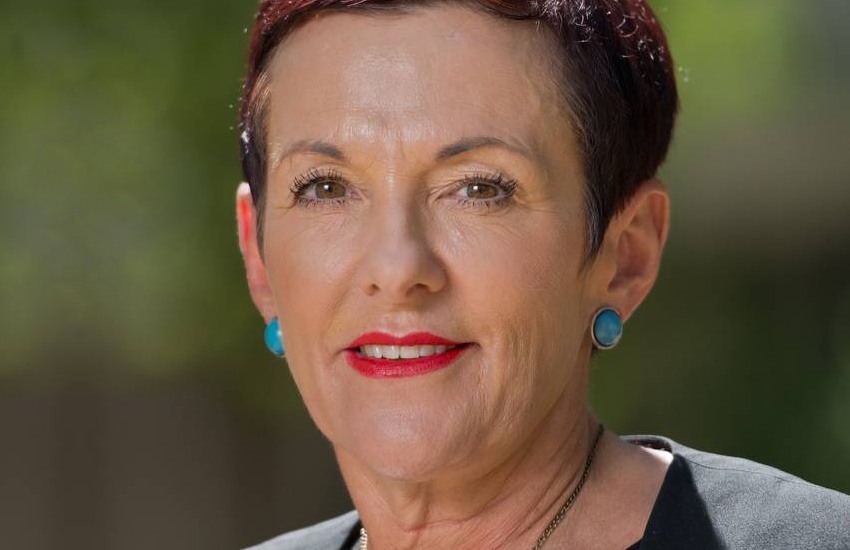As part of the Australian Small Business and Family Enterprise Ombudsman’s COVID-19 recovery plan, Ombudsman Kate Carnell has now called on the government to consider a wide range of tax changes in relation to small businesses.
One of the recommendations put forward by Ms Carnell includes a review of PAYG withholding obligations, the superannuation guarantee regime and GST.
You’re out of free articles for this month
“The current system effectively forces small businesses to act as the ATO’s unpaid tax collectors,” Ms Carnell said.
“This has shifted administration responsibilities from the government to small businesses, which face significant penalties and interest if an honest mistake is made.
“Our plan recommends the ATO should develop a solution that enables the employer to meet these obligations with a single payment to the ATO on each payroll run or monthly. It would need to be phased in to give small businesses the chance to manage their cash flow accordingly.”
Ms Carnell also believes the ATO period of review for small business returns should be restricted to a one-year limit, instead of the current five-year period.
“ATO audits can be conducted as much as five years in arrears, which is incredibly disruptive and distressing,” she added.
“Our plan notes the ATO has enough timely data to identify non-compliance within a year of lodgement. When an unintentional error is found, the small business should be given the opportunity to rectify it.”
FBT
The ASBFEO also believes fringe benefits tax should be abolished for small businesses.
FBT has been previously highlighted as one of a number of taxes that should be repealed, based on the fact that it raises only 1 per cent of government revenue, despite compliance costs being almost five times higher than other taxes.
“As it stands, small businesses are required to pay FBT on items that large businesses provide in-house to retain staff such as meals, gyms and childcare centres and don’t have to pay FBT,” Ms Carnell said.
Instant asset write-off
Ms Carnell has also called for the instant asset write-off to be made permanent for small businesses, along with the current temporary $150,000 threshold.
The current beefed-up instant asset write-off was brought in during the first round of the government’s stimulus package in early March, and is set to revert to its original $1,000 threshold after 30 June 2020.
“Equally, small businesses need certainty to be able to plan to buy major equipment. The government’s recent instant asset write-off threshold increase to $150,000 is welcome, but most small businesses are currently focused on their survival,” she said.
“Our plan recommends this temporary policy be made permanent. This would significantly reduce the need for depreciation and cut red tape.”
Jotham Lian
AUTHOR
Jotham Lian is the editor of Accountants Daily, the leading source of breaking news, analysis and insight for Australian accounting professionals.
Before joining the team in 2017, Jotham wrote for a range of national mastheads including the Sydney Morning Herald, and Channel NewsAsia.
You can email Jotham at: This email address is being protected from spambots. You need JavaScript enabled to view it.

 Login
Login







